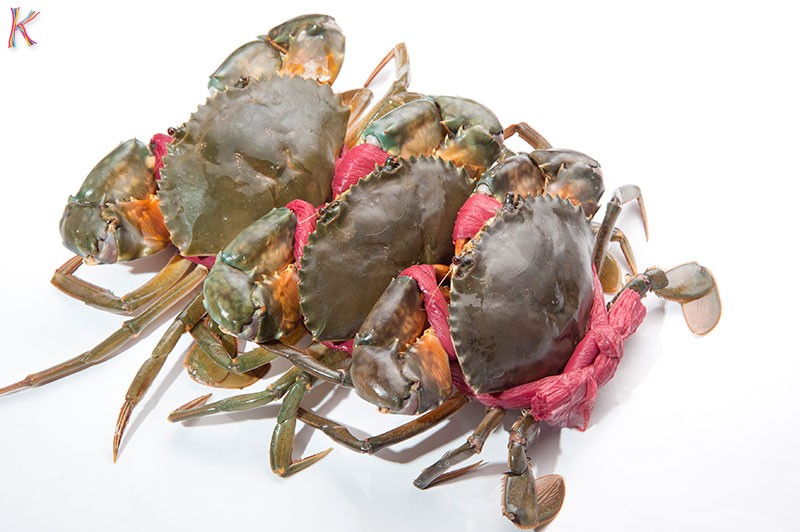
Taking advantages of 254 km – coastline, 87 river mouths and 100,000 ha of mangrove forests, the southernmost province of Cà Mau is aiming to develop crab farming to make the crustacean its second-biggest aquatic export after brackish shrimp.
Last December, Cà Mau launched a programme to boost sea crab farming to VNĐ2.3 trillion (US$101 million) worth of harvests a year by 2020. The crab farming area will be expanded to 100,000 ha by 2020 with an average productivity of 70-80 kilos per hectare and an annual output of 12,000 tonnes. Crabs are farmed in the Mekong Delta and generates good incomes for people in Cà Mau, Trà Vinh, Kiên Giang, Sóc Trăng, and Bến Tre provinces.
The biggest wholesale crab market in the delta is located in Năm Căn District in Cà Mau. There are around 50 local traders who pay a total of VNĐ 3 billion to buy 15 tonnes of crab on average per day, then resold to processing companies in HCM City for export. About 70 percent of live crabs with roe is exported by air; the rest is sold to consumers in the local.
Though, the crab’s price volatility is a big challenge for crab farmers in the delta. The seventh and eighth lunar months are usually the time for the year’s second crab harvest, but it is a time when many people are vegetarian. Demand for crab drops leading to a decrease in crab prices. During this time, price of premium crab with roe falls to VNĐ 100,000 – 250,000 per kilo. The prices of smaller crabs – weighing five or six to the kilos fall to VNĐ 150,000 and sometimes even to VNĐ 50,000 – 60,000, causing big losses for farmers. China is the biggest market for the delta, and if Chinese traders stop buying, prices drop.
Việt Nam exports crab to 42 markets, mainly the EU, the US, China, Japan, Australia, and Canada. If Việt Nam can better monitor the production and consumption of the crustacean and set up a good distribution network, crabs have the potential to become the biggest export item after shrimp and tra fish.
Source: VFM




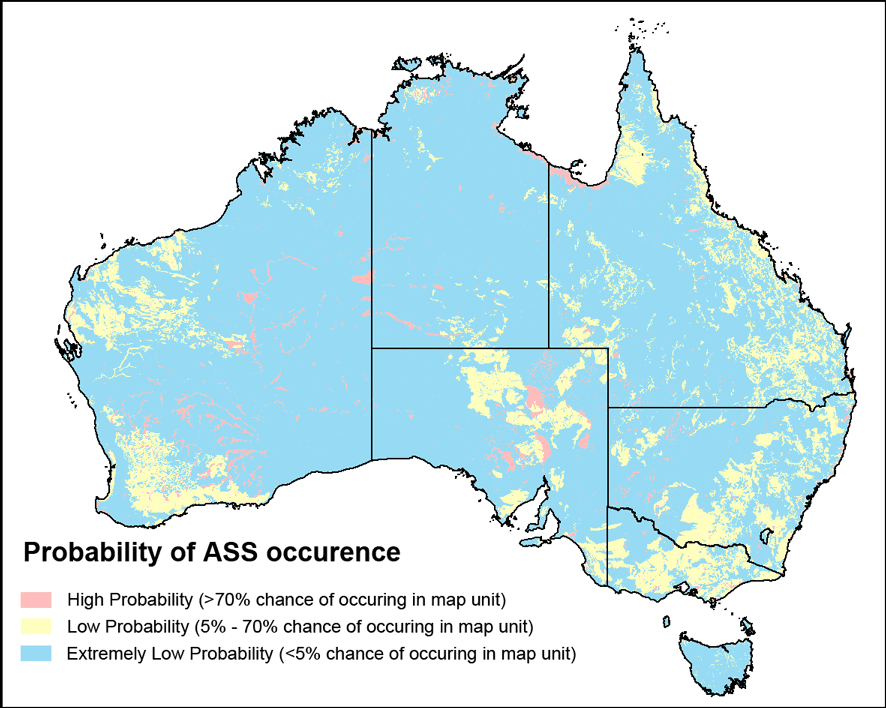
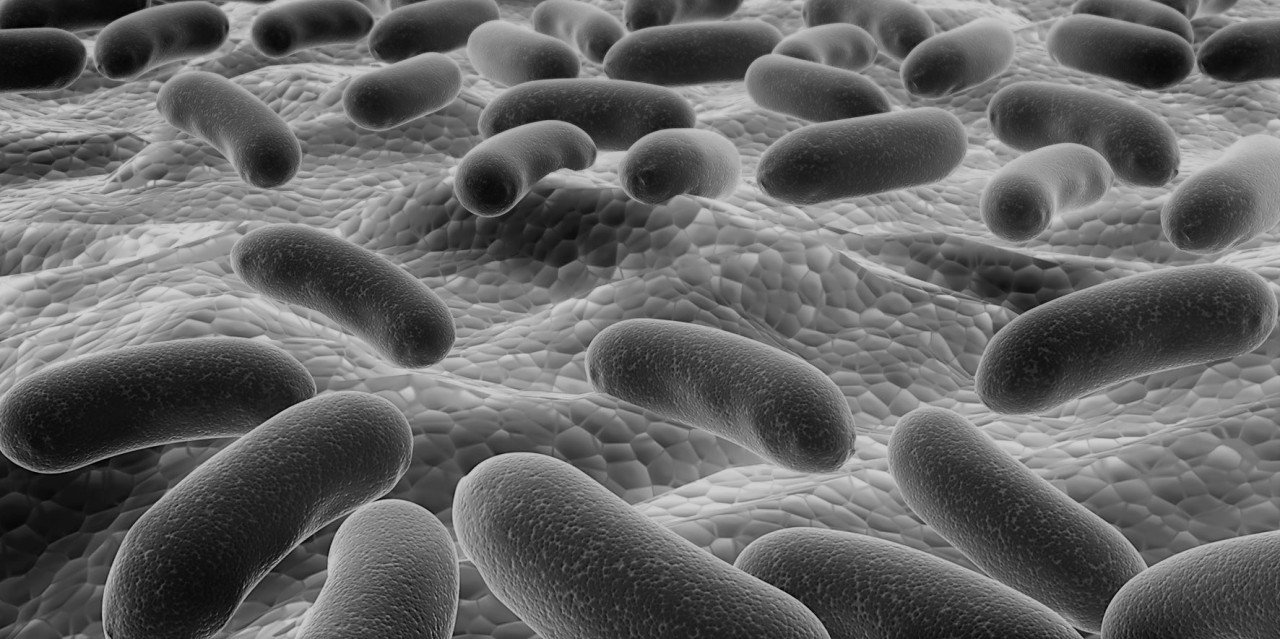



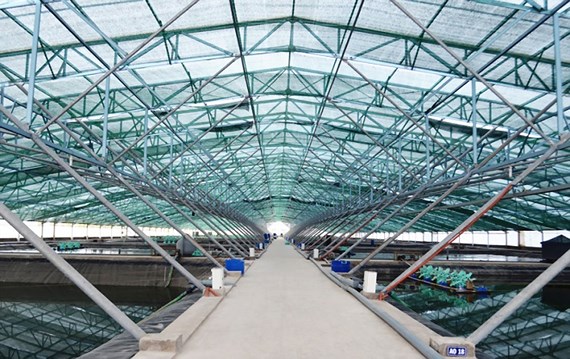


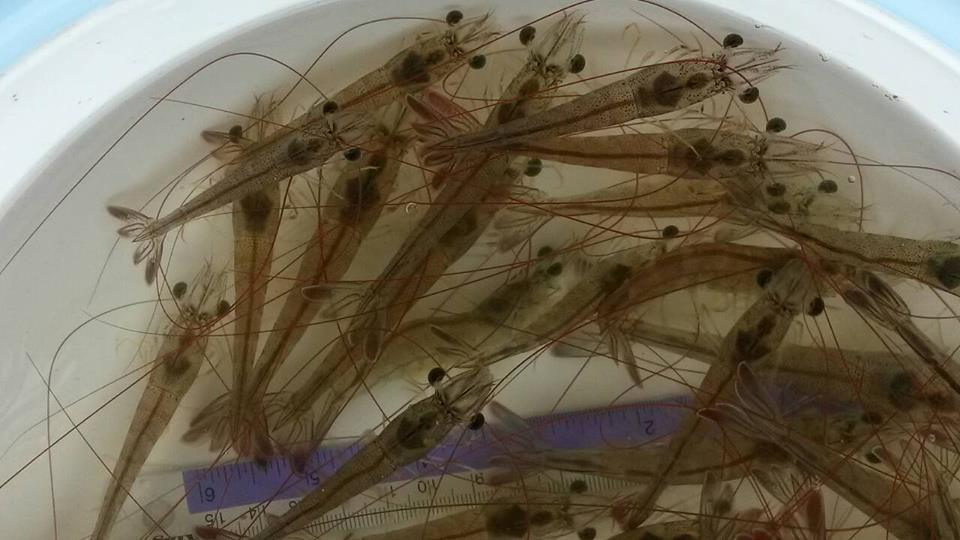
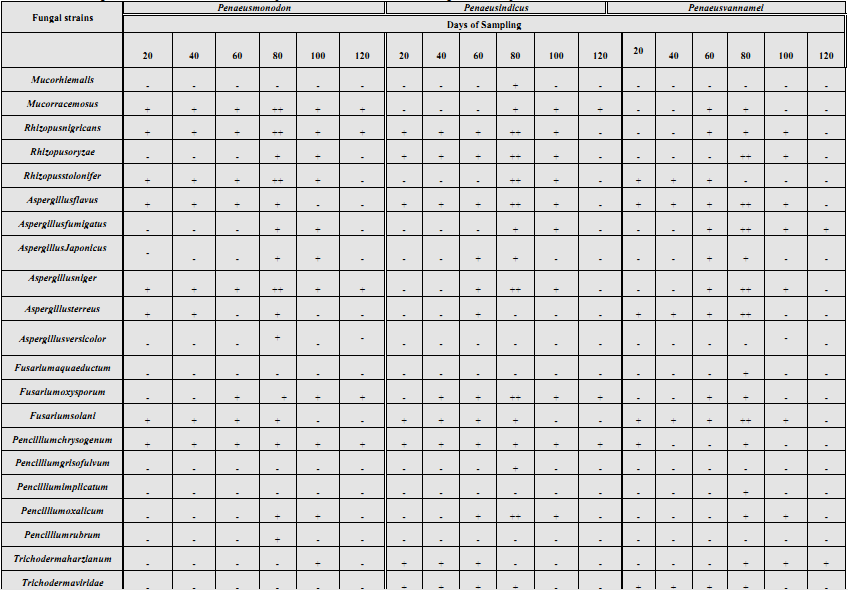
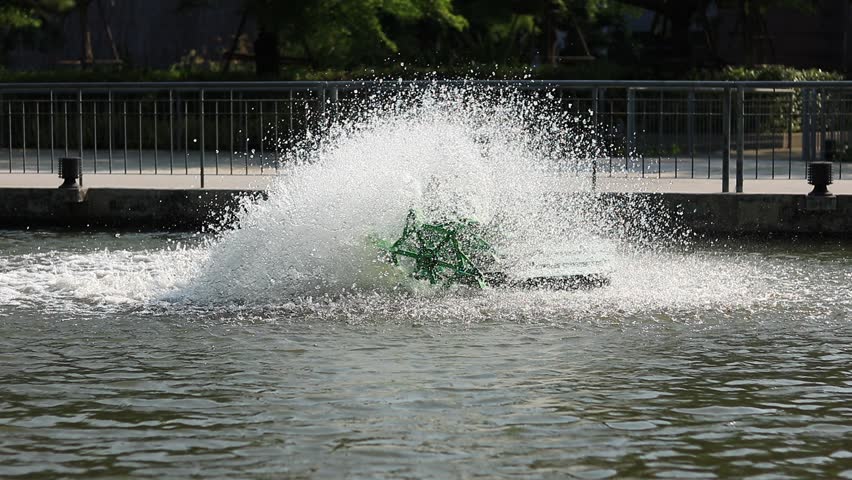
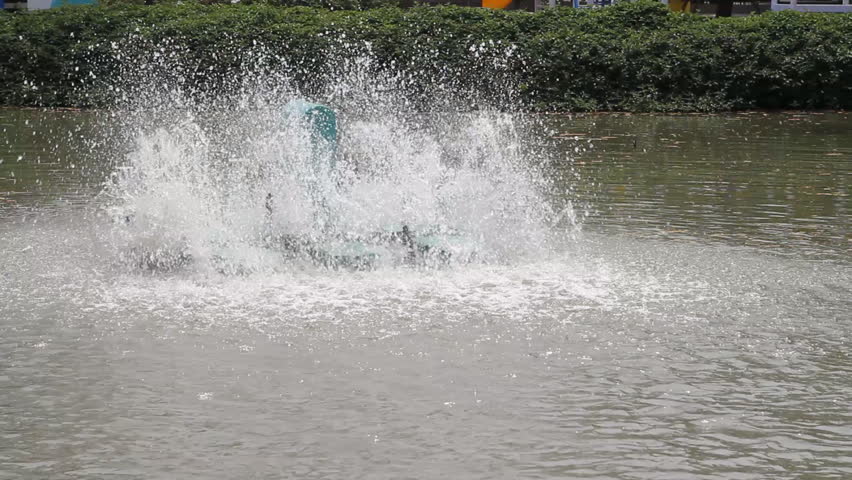
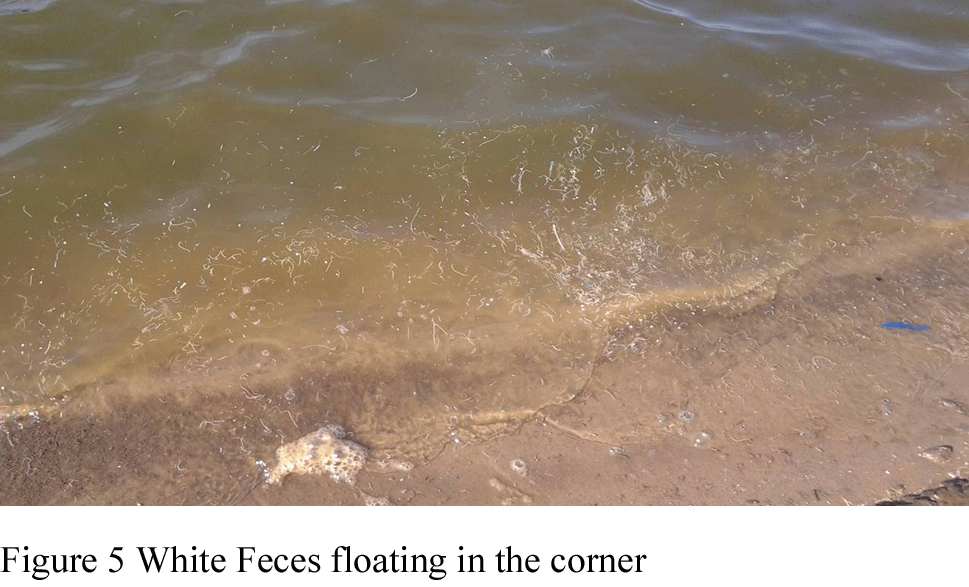
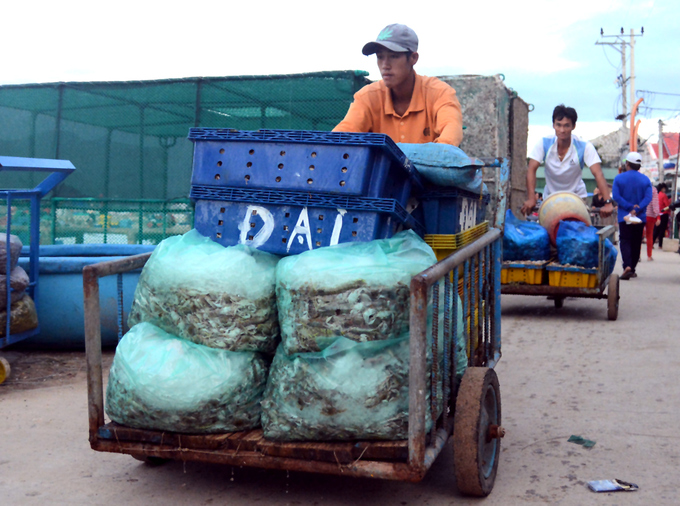
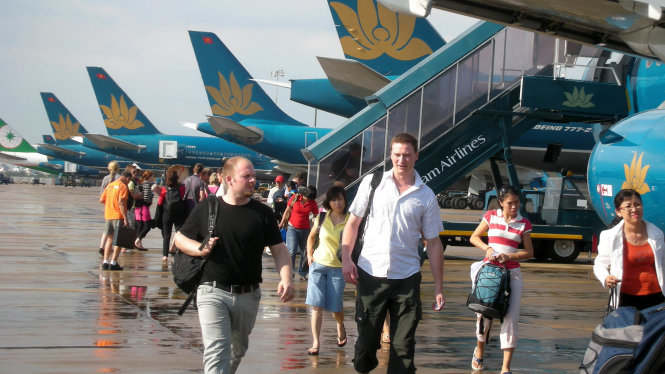
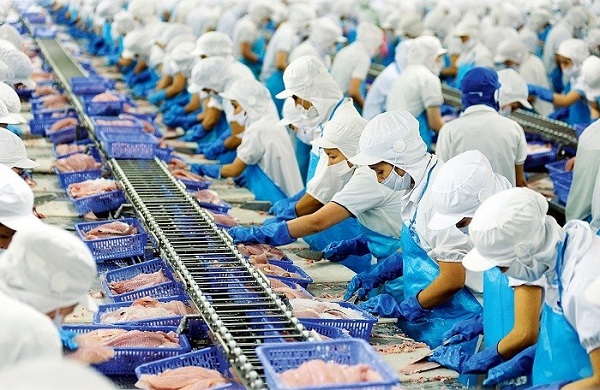

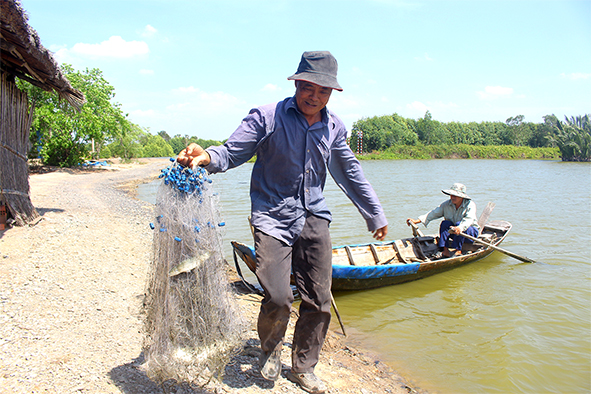
Bình luận bài viết